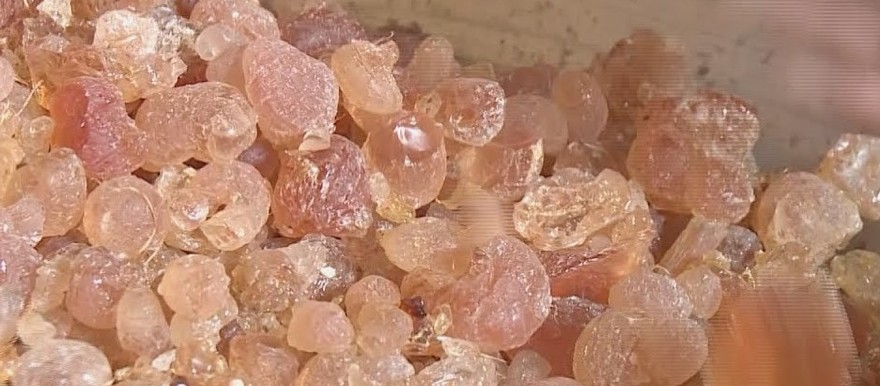Gum Arabic farmers in the northern parts of Upper Nile in South Sudan say large swarms of locusts in the area are threatening production this season.
Speaking to Radio Tamazuj on Monday, Kur Luak Duk, who heads the Gum Arabic Union in Renk, said production this season is threatened with failure due to the presence of large swarms of locusts in the gum Arabic belt — particularly the areas of Akon, Giel and Jalhak.
“The northern part of Upper Nile is a good area in terms of gum Arabic production. We have been producing but swarms of desert locusts are threatening our product with failure. The locusts have affected areas of Akon, Giel, and parts of Jalhak,” Luak Duk said.
He pointed out that the swarms of locusts that appeared in the gum Arabic producing areas are in the larval stage, which he says is the most dangerous stage during the production of gum Arabic. He blamed the government for failing to support production this season.
Luak Duk said the Gum Arabic Association in Renk informed experts in the field of forestry and plant protection of the danger of the emergence of locust larvae in the gum Arabic belt in the north of Upper Nile State.
“We have informed the government that we need sprayers but there is no positive response so far. It is now too late to rescue the production,” Luak Duk complained. “Now, the season is likely to fail because we are unable to do something. Since independence, northern Upper Nile did not get support from the Plants Protection Unit, and we blame the authorities for the failure to take care of this important product.”
He appealed to the gum Arabic producers, the government, and the concerned organizations to intervene to eradicate the locusts and other pests that threaten production in the state.
Sudan has historically been the world’s major producer of acacia gum. Some of the country’s gum-producing areas became South Sudanese territory after the secession of the region in 2011.
South Sudan, which relies almost exclusively on oil revenues, has large quantities of the gum Arabic trees in the central, western and northern parts of the country.
A 2018 study by the United Nations Conference on Trade and Development (UNCTAD), said gum Arabic has the power to drive development in the African nations that produce it.
UNCTAD's report projected huge potential of revenue growth in countries that can transform the product into processed export goods.




